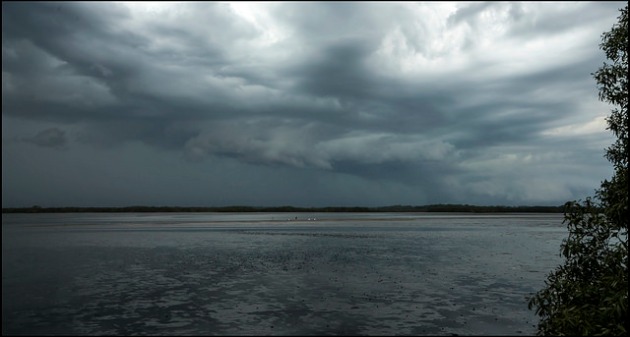Winner of the annual J. H. Stape Conradiana prize, this essay unseats the traditional origin story of American experimental music as “organized sound” that moves from Henry Cowell to his student John Cage and to minimalism. It traverses a diasporic vibration.
(Download the essay here.)
It’s a truism that Joseph Conrad wanted “to make you see,” but his preface to Heart of Darkness describes a “sinister resonance” and “continued vibration.” These sonic strategies place Conrad’s Congo unexpectedly within the history of American experimental music, beginning with Cowell’s influential work for piano, “Sinister Resonance.” Conrad amplifies race and sexuality in Cowell’s transgressive use of overtones, but it is complicated by another transatlantic resonance—that between Conrad, Wagner’s invisible orchestra, and the female voice of W.E.B. Du Bois’s The Souls of Black Folk. Ultimately, the essay retrieves the shimmering sensuality of the piano as a transatlantic nexus of race, gender, embodiment, and sound.

Published in 2020, the essay was part of the 2017 “Conradian Crosscurrents: Creativity and Critique Conference” at Fordham University. Thank you to Chris GoGwilt, Ellen Burton Harrington, and Nidesh Lawtoo, the editors of the special issue of Conradiana (vol. 48 nos. 2-3) that features work by such speakers as Adriana Cavarero, James Clifford, and J. Hillis Miller. Thank you to the journal and the award committee.
Photo credit: Storm and Heavy Rain Coming Our Way (2018) by John on Flickr
